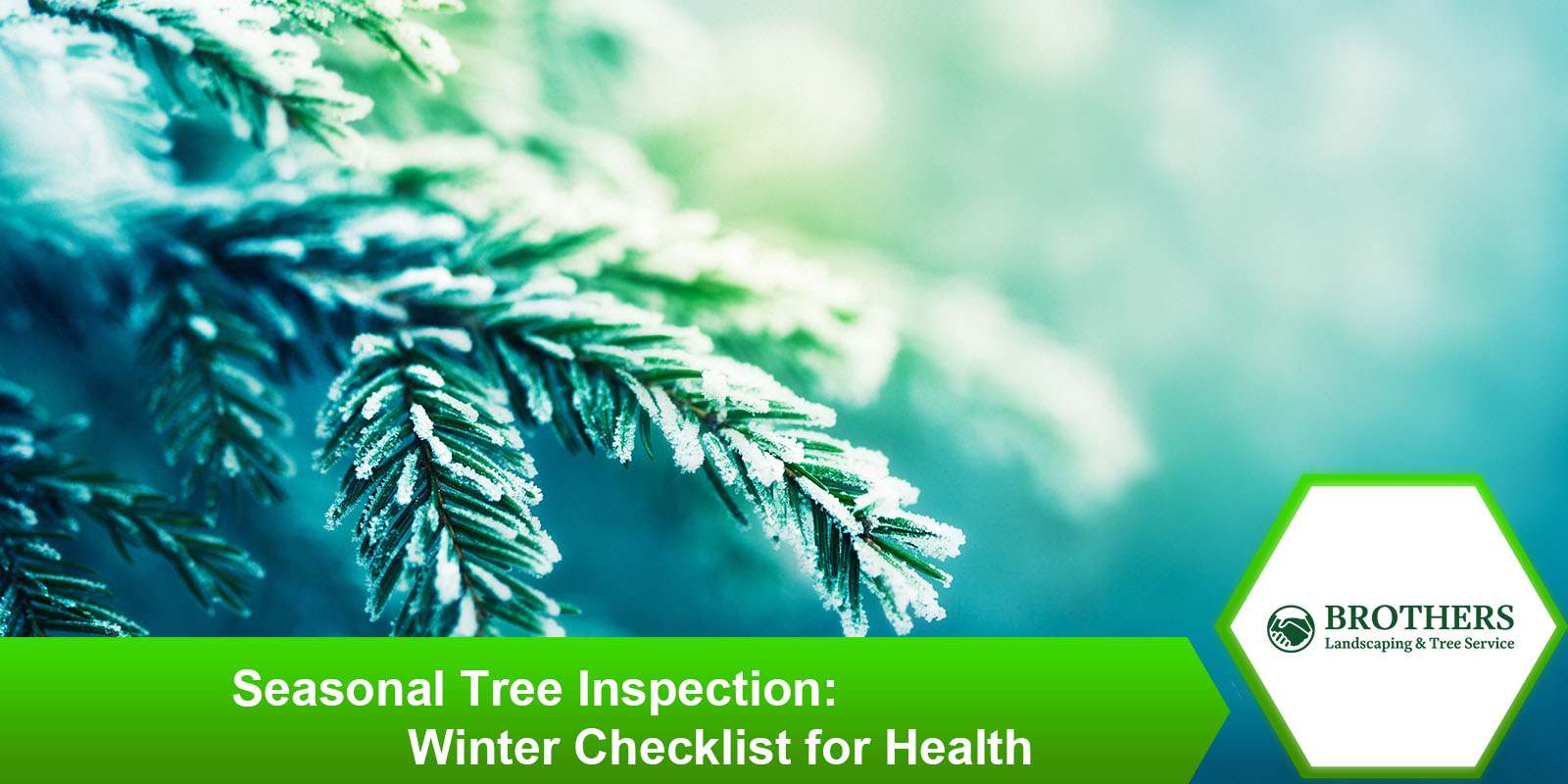
Winter is an important time to assess the condition of your trees. A thorough seasonal tree inspection helps you identify potential issues like weak branches, frost damage, and pest activity. By taking proactive steps, you can prevent costly damage and keep your trees healthy as they prepare for spring growth.
Why Winter Tree Inspections Are Crucial
Identifying Damage Early
Cold weather can weaken trees and expose them to risks like frost cracks and heavy snow damage. Early detection helps prevent further problems.
- Structural Weakness: Look for cracked or leaning branches that could fall.
- Frost Cracks: Check the trunk for splits caused by freezing temperatures.
- Root Damage: Inspect for soil heaving, which exposes roots to cold air.
Assessing Risks to Property and Safety
Regular inspections reduce the likelihood of branches breaking and causing harm during storms.
- Overhanging Branches: Address branches near buildings, driveways, or power lines.
- Deadwood Removal: Eliminate dead or decaying branches that pose a risk of falling.
How to Conduct a Seasonal Tree Inspection
Create a Tree Health Checklist
Prepare a checklist to ensure you cover all critical areas of your tree’s health during an inspection.
- Branches: Look for broken, hanging, or diseased branches.
- Bark and Trunk: Check for cracks, peeling bark, or signs of decay.
- Roots: Inspect the base for exposed roots or damage caused by shifting soil.
Inspecting for Pests and Diseases
Even during winter, pests and diseases can affect trees. Pay close attention to these signs.
- Pest Activity: Look for holes in the bark or sawdust-like residue near the base.
- Fungal Growth: Mushrooms or discoloration at the base may indicate root rot.
Keep Your Trees Strong with Regular Inspections
A seasonal tree inspection is a proactive way to ensure your trees remain healthy and safe during winter. By identifying risks and addressing damage early, you can avoid costly issues and prepare your trees for spring. For expert tree inspection services in Belfair, Tacoma, or Mason County, call (360) 286-8510 and secure your trees’ health today.
